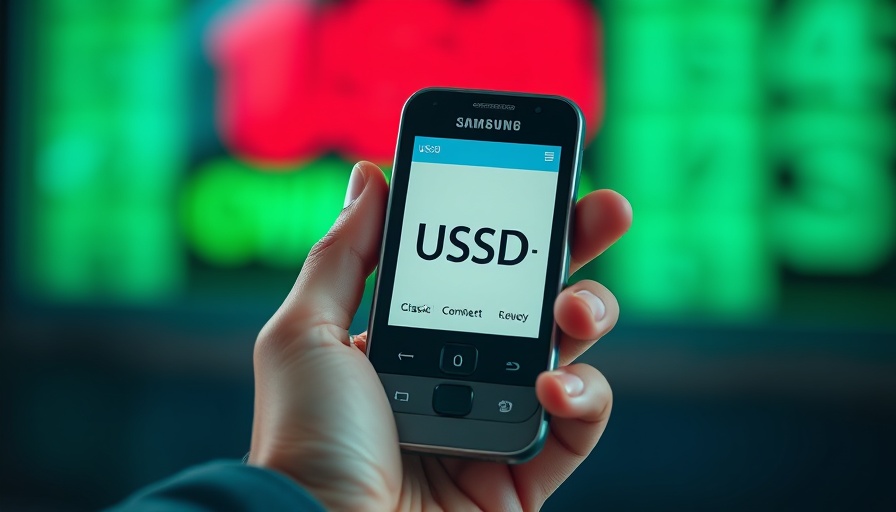
Understanding the New USSD Charge System in Nigeria
Nigerian telecom operators MTN and Airtel have officially shifted to a novel billing system that allows customers to pay Unstructured Supplementary Service Data (USSD) fees directly from their airtime. This new model was introduced after banks settled a long-standing debt of ₦180 billion (around $407 million) owed to telecom providers.
Previously, banks had deducted these charges directly from customers' accounts but often failed to remit the necessary payments to telecom companies. The head of the Association of Licensed Telecommunications Operators of Nigeria, Gbenga Adebayo, confirmed that most of the debt has been cleared, enabling the shift to this more transparent system.
The Impact of This Change on Consumers
This change is particularly significant for underbanked populations in Nigeria who rely heavily on USSD for banking transactions. Individuals can now be fully informed about the transaction costs before they proceed, as a prompt will inform them of the ₦6.98 fee charged for each successful transaction. This shift not only enhances user awareness but also provides a mechanism for telecoms to ensure they are compensated fairly for their infrastructure.
A Look at the History of USSD Services
The relationship between Nigerian banks and telecom companies has been marked by a growing financial rift over the years. While banks promoted USSD to increase financial inclusion and make banking accessible to millions, they faced backlash for failing to pay telecom operators for the services used. Originally, USSD charges were linked to SMS rates, making it a cost-effective option for consumers.
The situation became complicated when banks lobbied to zero-rate USSD services in an effort to drive financial inclusion further, yet continued to profit from user transactions. This led to confusion and trust issues among customers who remained unaware of the actual costs involved.
The Future of Digital Financial Transactions in Nigeria
This transition marks a significant advance in the realm of digital payments. As the telecom sector embraces technology like blockchain and automation, there is potential for improved financial transparency and efficiency across Africa. Startups focused on fintech can innovate around this market shift, creating solutions that further enhance accessibility and security in digital transactions.
As AI and blockchain begin to influence how payments are handled, financial systems like the new USSD charging can pave the way for more robust smart city initiatives and futuristic e-governance solutions in regions across Africa. With adherence to AI ethics, cybersecurity, and digital transformation, the landscape of economic interactions in Nigeria stands to become more efficient and customer-friendly.
 Add Row
Add Row  Add
Add 


Write A Comment